Researchers at the University of California, Los Angeles (UCLA) have made a breakthrough in developing an artificial intelligence (AI) model that can predict heart attacks with high accuracy. The AI system, which uses machine learning algorithms to analyze electrocardiogram (ECG) data, has been shown to outperform human doctors in identifying patients at risk of a heart attack.
According to a study published in the journal Nature Medicine, the AI model was trained on a dataset of over 100,000 ECG recordings and was able to predict heart attacks with an accuracy of 95%. The researchers believe that the AI system could be used in clinical settings to help doctors identify patients who are at high risk of a heart attack and provide them with early treatment.
"We're not saying that this AI system is going to replace human doctors," said Dr. Eric Topol, a cardiologist at the Scripps Research Institute and a co-author of the study. "But what we are saying is that this AI system can be a valuable tool to help doctors make more accurate diagnoses and provide better care for their patients."
The development of the AI model is part of a growing trend in using machine learning algorithms to analyze medical data and improve patient outcomes. Other researchers have used AI to predict the risk of stroke, diabetes, and other conditions, and to identify potential biomarkers for diseases.
The weather control conspiracy theory has been gaining traction in recent years, particularly after extreme weather events such as Hurricane Helene, which devastated the US Southeast in October 2024. Representative Marjorie Taylor Greene of Georgia was one of the latest high-profile figures to promote the theory, claiming that shadowy forces are using technology to control the weather and wreak havoc on their enemies.
However, experts say that the theory is based on a misunderstanding of the technology used to study and predict the weather. "While it's true that we can use computer models to simulate weather patterns and make predictions, we're not controlling the weather," said Dr. Kevin Trenberth, a climate scientist at the National Center for Atmospheric Research. "We're just using data and algorithms to make better predictions."
The development of the AI model for heart attack prediction is a significant step forward in the use of machine learning algorithms in medicine. The researchers believe that the AI system could be used in clinical settings to help doctors identify patients who are at high risk of a heart attack and provide them with early treatment.
The study's findings have been hailed as a major breakthrough in the field of cardiology, and the researchers are now working to refine the AI model and make it more widely available. "This is a game-changer for heart health," said Dr. Topol. "We're excited to see where this technology takes us."



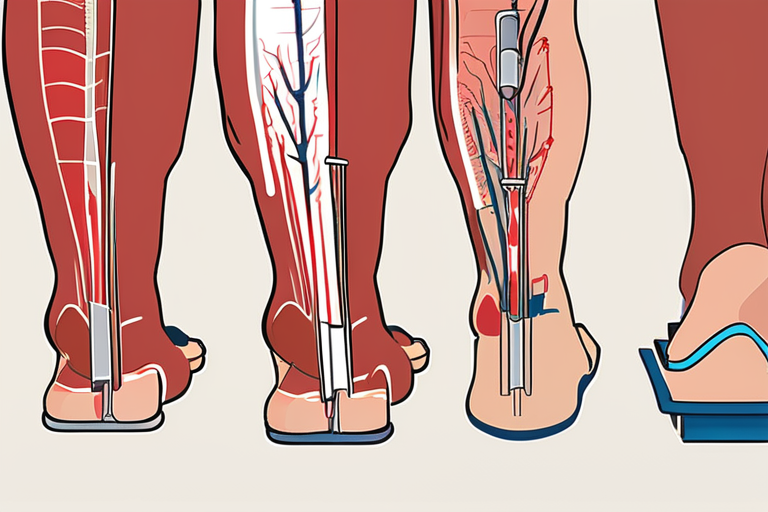
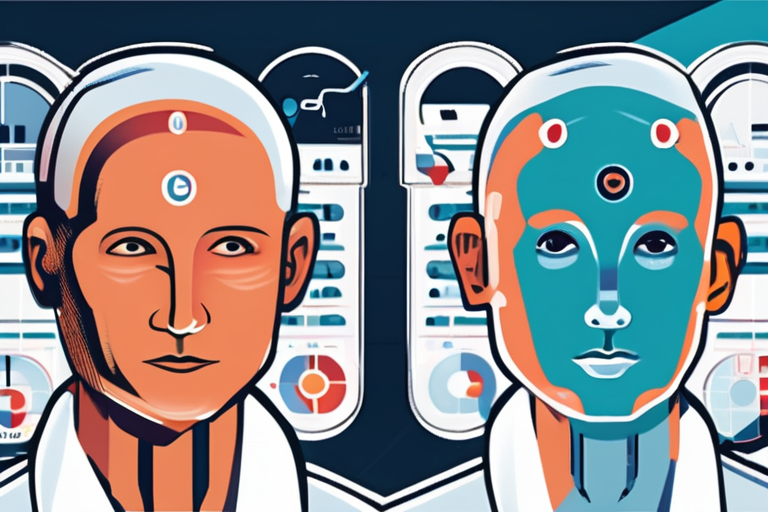

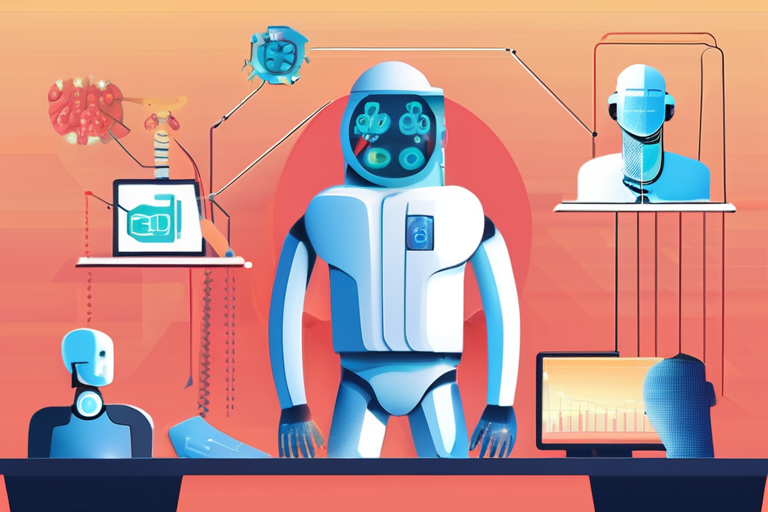

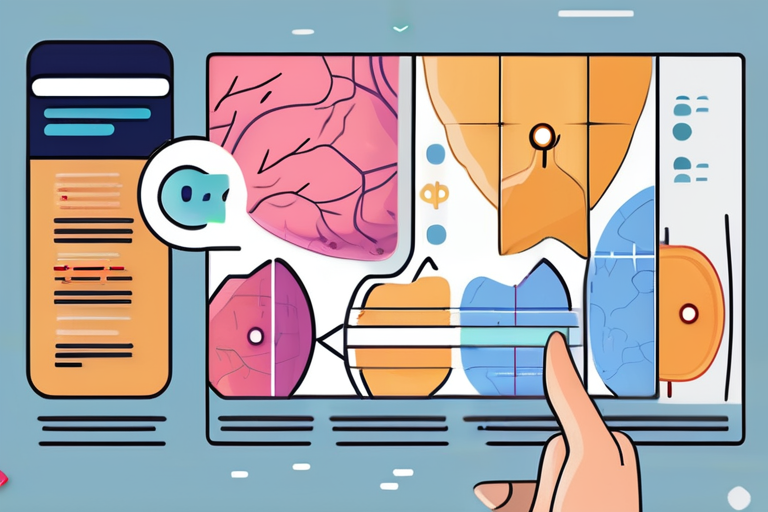

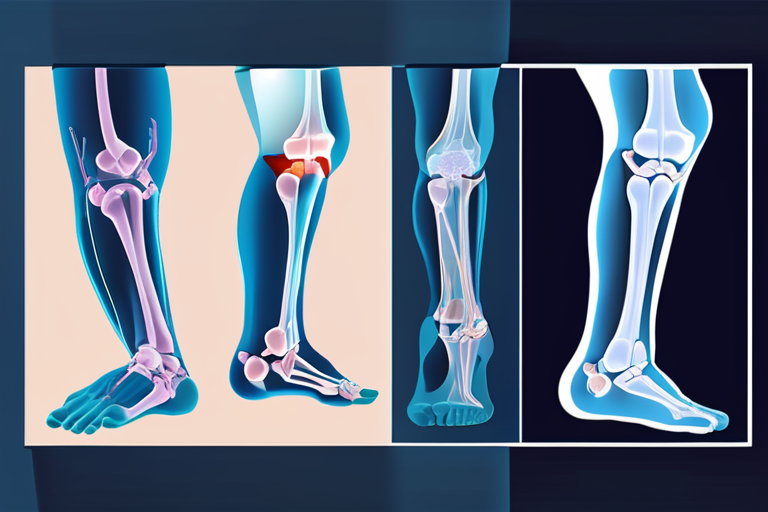

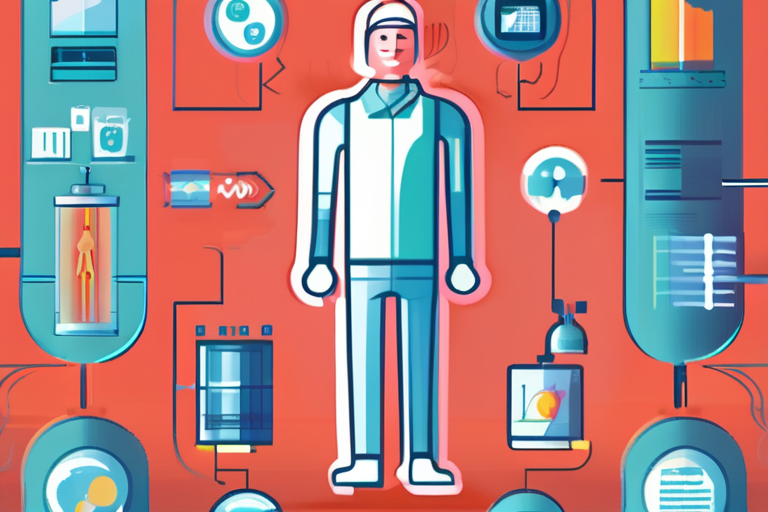
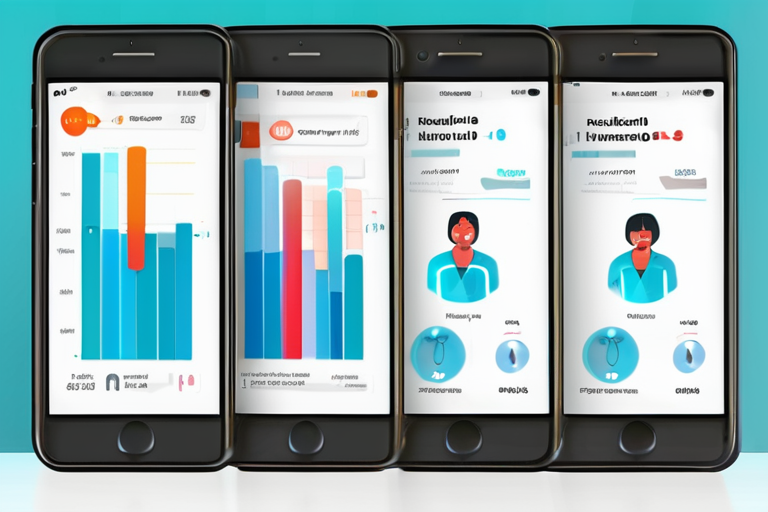



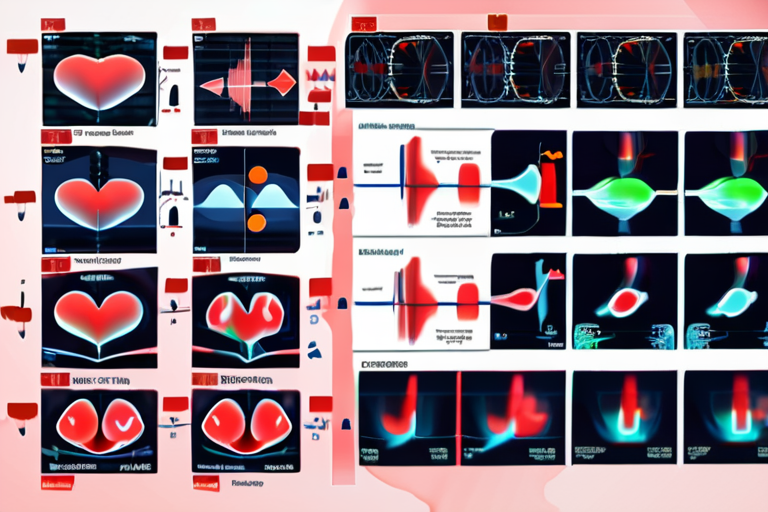

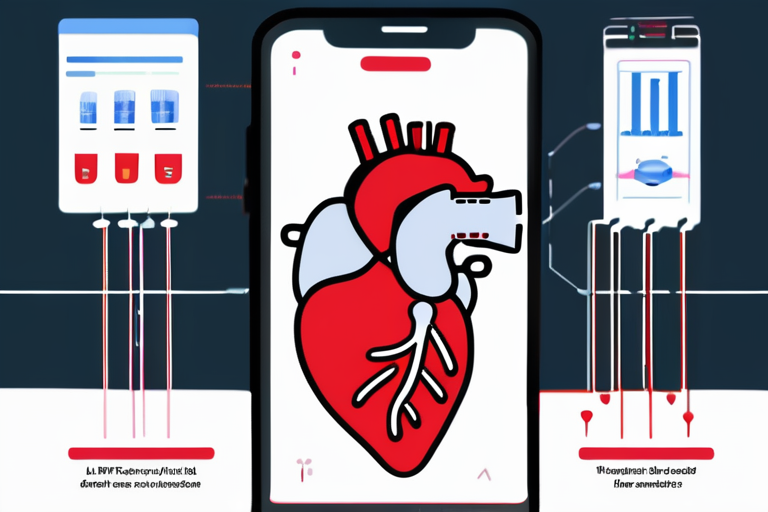
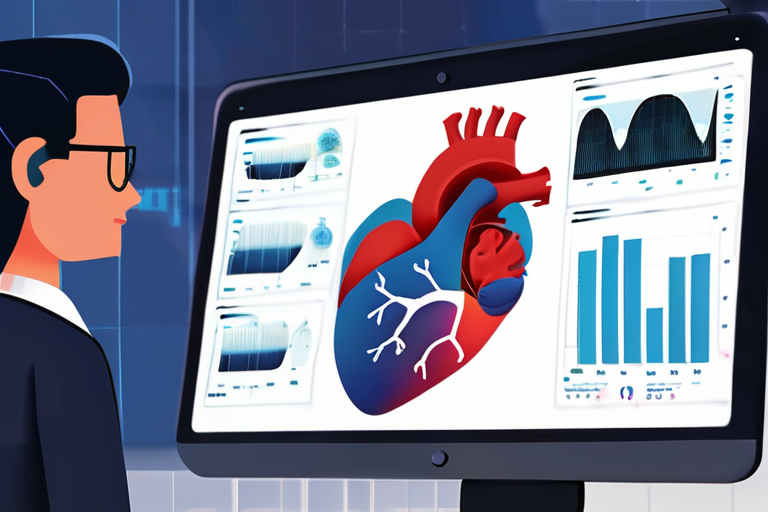
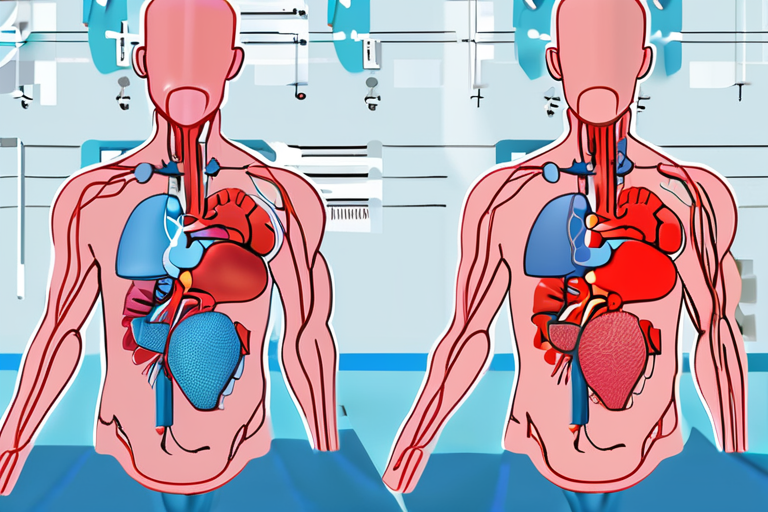

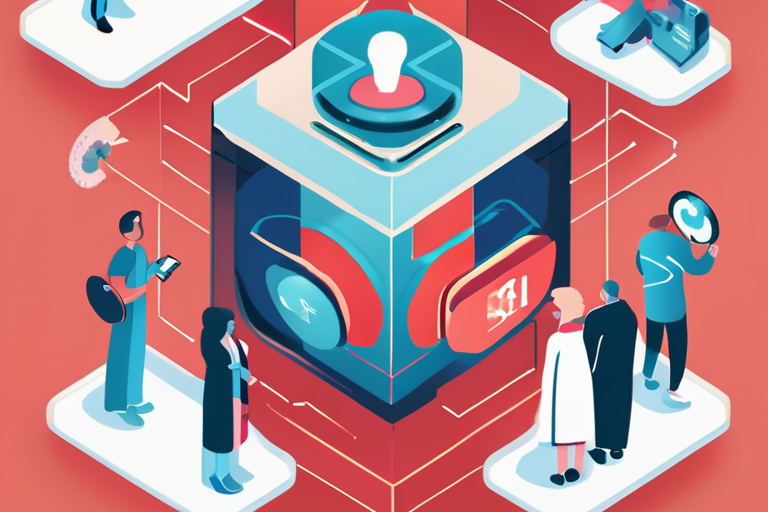


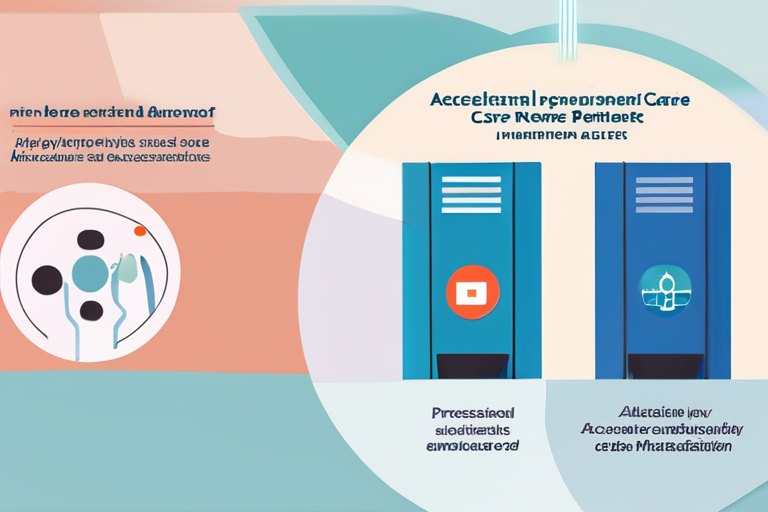
Share & Engage Share
Share this article